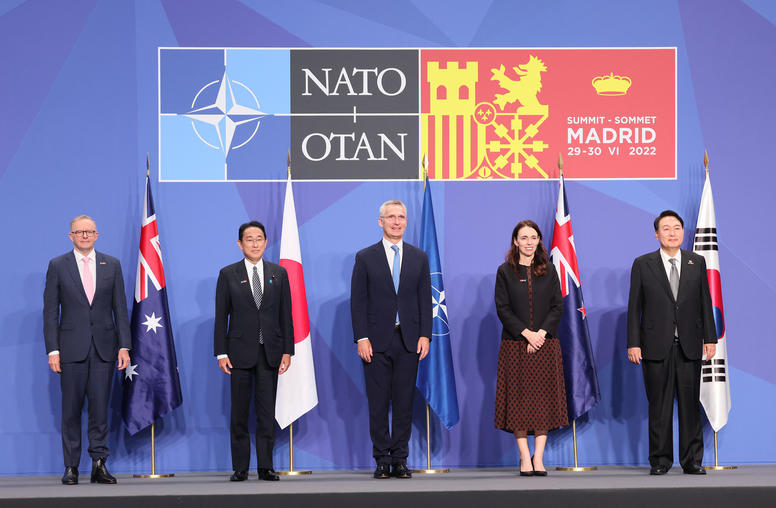Nancy Lindborg: Finding common ground for development and defense
Originally published by Devex
Development, diplomacy and defense must work together to help shepherd countries from fragility to peace and democracy. Nancy Lindborg shares her thoughts on bringing together the "three D's" for more effective crisis response.

The “three D’s” of foreign policy — development, diplomacy and defense — haven’t always been on the same page, but they may be getting there.
Crises and disasters are complex, and the response efforts they demand are often equally complex, thrusting agencies and departments with very different mandates into close cooperation. The U.S. Agency for International Development and the U.S. Department of Defense, for example, operate in wildly different ways. But when disaster strikes, and a U.S. response has to mobilize, coordination between them is key.
That has worked better in some areas than others, Nancy Lindborg, president of the U.S. Institute of Peace, told Devex in this exclusive #ConflictinContext interview. Mutual understanding between USAID and the DOD has grown up over the last decade when it comes to natural disaster response efforts. The next step will be bringing that sense of cooperation and “common protocol” to the realm of conflict and fragile states.
Nancy Lindborg, president of the United States Institute of Peace, explains the need for better coordination between USAID and the Department of Defense in responding to conflict and fragile states.
In conflict-affected and fragile states, real change happens over long time horizons, longer often than policymakers, planners, and taxpayers would like to believe.
“We are still in [the United States] dealing with the repercussions of conflicts 200 years ago,” Lindborg said.
The USIP chief described one initiative, in particular, that has the potential to put fragile states on the path toward peace, reconciliation and good governance, according to their own initiative and commitment.
Click on the video below to hear more about this pathway toward peace:
Republished with permission from Devex.com



